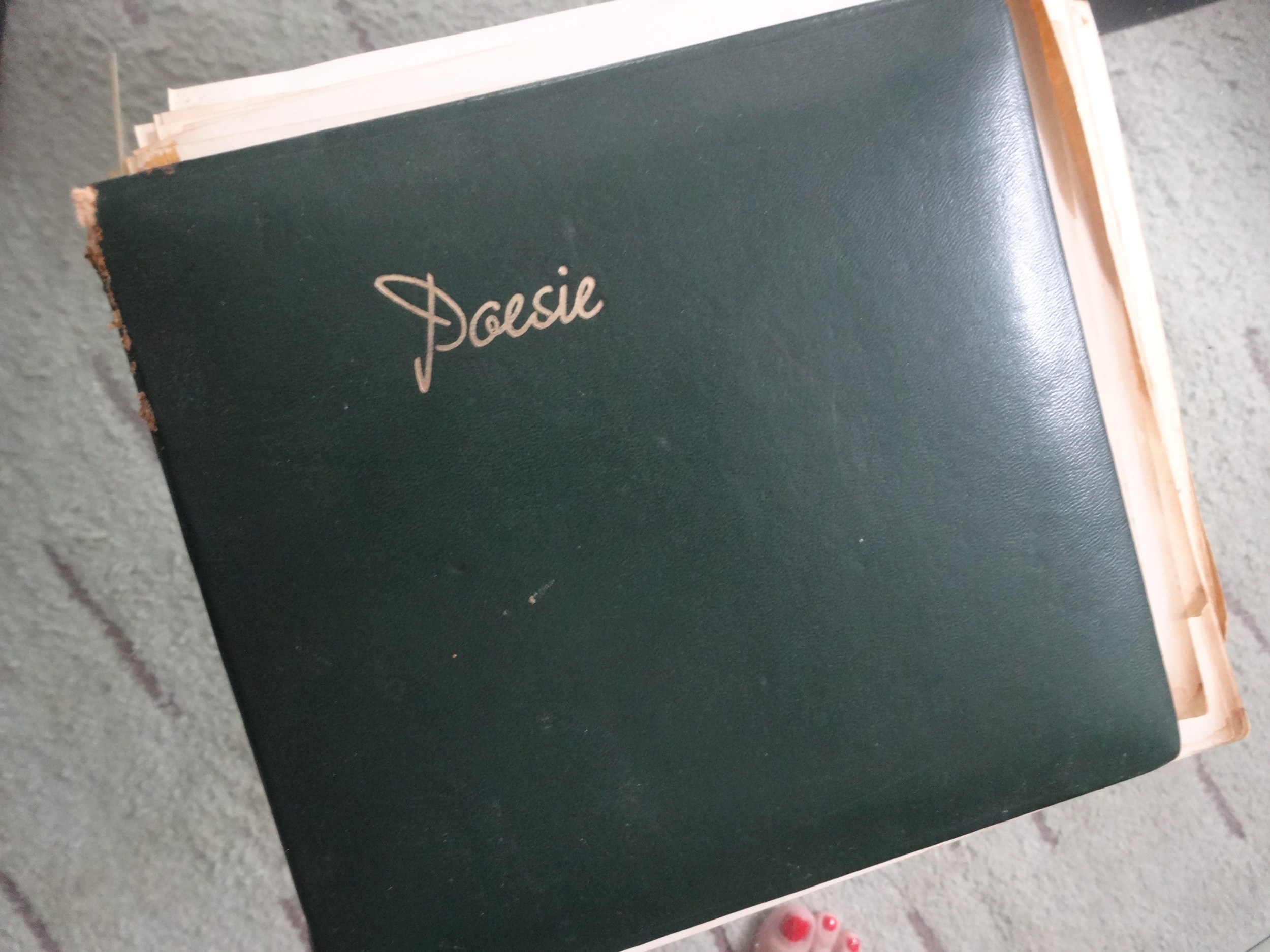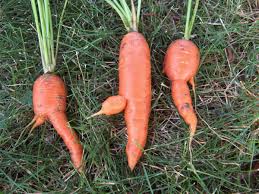It's not easy. When my kids are home, more often than not they lounge in their rooms and stare either into a laptop or their cellphone. I do remember that my teenage friends and I used to spend hours hogging the home phone and talking our heads off, even though we may have just seen each other in school. So kids need to communicate with their friends, and they do a lot of that now through their e-devices.
But beyond that we all rely too much on those devices for easy and brainless entertainment (such as those silly online tests on what color you would be if you were a color, or those old-people-dancing-I-can't believe-what-they-just-did You Tube videos and what not). Children imitate their parents and the surrounding culture. If you are stuck in your phone or on your laptop all the time, don't be surprised if your child does the same. (Young) children admire their parents and want to be like them. I read a lot when I'm not working (on a computer), and I prefer paper books to e-readers, especially since I read a lot of nonfiction and like to highlight what seems important. But my kids get a lot of their information from the internet.
I often see adults walking through town, nose deep in their cellphone, bumping into people, even stumbling, blocking the outside world out. A few years ago I took my daughter to a library event on animals, which I followed with interest because they had live animals on hand. But most parents sat in the back, scrolling up and down their Facebook news feeds and emails.
I hate going to a restaurant with people who spend more time with their online friends than the friends sitting right across the table. The other night, when I took my daughter out for an end-of-school-year treat, I observed a mom with her two boys at a neighboring table. She only looked up from her phone when food was served. The rest of the time she spent in (yes, in seems to be the better term, not on) her cellphone instead of talking with her boys - sad. How would you feel if you looked at your mother for inspiration and she kept ignoring you, finding her cellphone more interesting than you?
People, wake up! Life is right here, it's not inside your little devices. Why not spend flesh-and-blood instead of cybertime time with your friends? These devices are practical, perhaps even ingenious, but let's keep our priorities straight.











